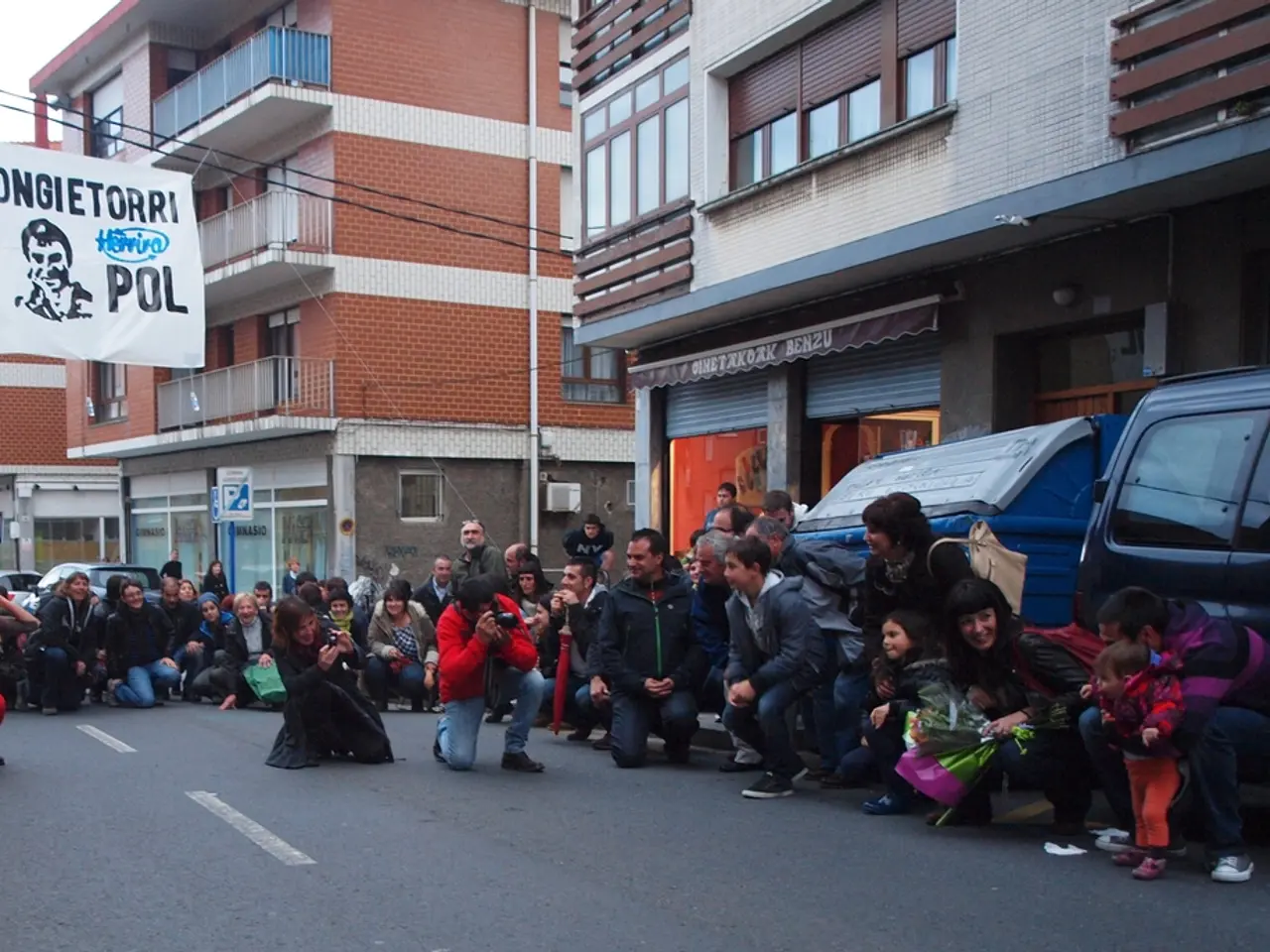Recommendation Seeks Commission's Input on Proposing Worker Safety Measures against Ionising Radiation Hazards
Speed Camera Marathons in Baden-Württemberg: A Focus on Road Safety
In Baden-Württemberg, Germany, a concentrated effort is being made to improve road safety through the implementation of speed camera marathons. These intensive campaigns, which last for a week, aim to encourage drivers to adhere to speed limits and reduce speeding-related accidents.
During the marathons, police set up numerous speed checks on both autobahns and urban roads. The focus is not just on commuter routes and sensitive zones such as schools, nursing homes, or clinics, but also on routes with no recent accidents. This comprehensive approach is part of broader European initiatives organised by networks like Roadpol, aimed at preventing road traffic casualties by deterring speeding through widespread and somewhat unpredictable enforcement.
The key purpose of these marathons is to increase driver awareness and compliance with speed limits. By creating a visible police presence at multiple locations simultaneously, drivers are more likely to maintain legal speeds throughout the period rather than only avoiding speed traps at isolated points. Previous speed marathons in Europe have reduced road casualties by about 25 percent during and after enforcement campaigns.
The marathons also serve to discourage dangerous speeding, a major cause of fatal accidents on German roads, including the autobahn. Offenders are caught and penalized through mobile radar devices, often used on trailers that police can deploy flexibly at known problem spots. Additionally, the marathons raise public awareness about the risks and legal consequences of speeding, aiming to change driving behavior long-term.
However, the debate about the speed camera marathons is complex and multifaceted. Criticism often refers to them as a form of extortion. The locations for the speed cameras during the marathons are kept secret to prevent drivers from avoiding them.
On the other hand, experts call for an expansion of digital assistance systems like the ISA system, which warns drivers early of speed limit violations. Reducing the average speed by 1 km/h annually could save over 2,000 lives according to EU traffic studies.
Sweden and Norway have reported up to 50 percent fewer fatal traffic accidents through sustained intelligent traffic strategies, not due to harsher penalties, but through the use of modern technologies and speed limits. These countries provide a model for the potential impact of such strategies in reducing road traffic casualties.
In conclusion, the speed camera marathons serve as a concentrated enforcement and educational effort to improve road safety by reducing the frequency and severity of speed-related accidents in Baden-Württemberg and across Germany. While the debate about their effectiveness and methods continues, the focus remains on creating safer roads for all.
Engaging in discussions beyond road safety, one could explore the intersection between scientific research and health-and-wellness. For instance, investigating the effect of regular fitness-and-exercise routines on mental health might offer insights about transportation choices that promote physical activity, thus indirectly contributing to road safety by reducing the number of cars on the road.
Moreover, the success of speed camera marathons in reducing road casualties highlights the importance of other preventive measures, especially in areas such as health-and-wellness and science education. For example, educating drivers about the risks associated with speeding and promoting awareness of overall health-and-wellness practices, like regular exercise, could lead to safer road behaviors and safer communities.




